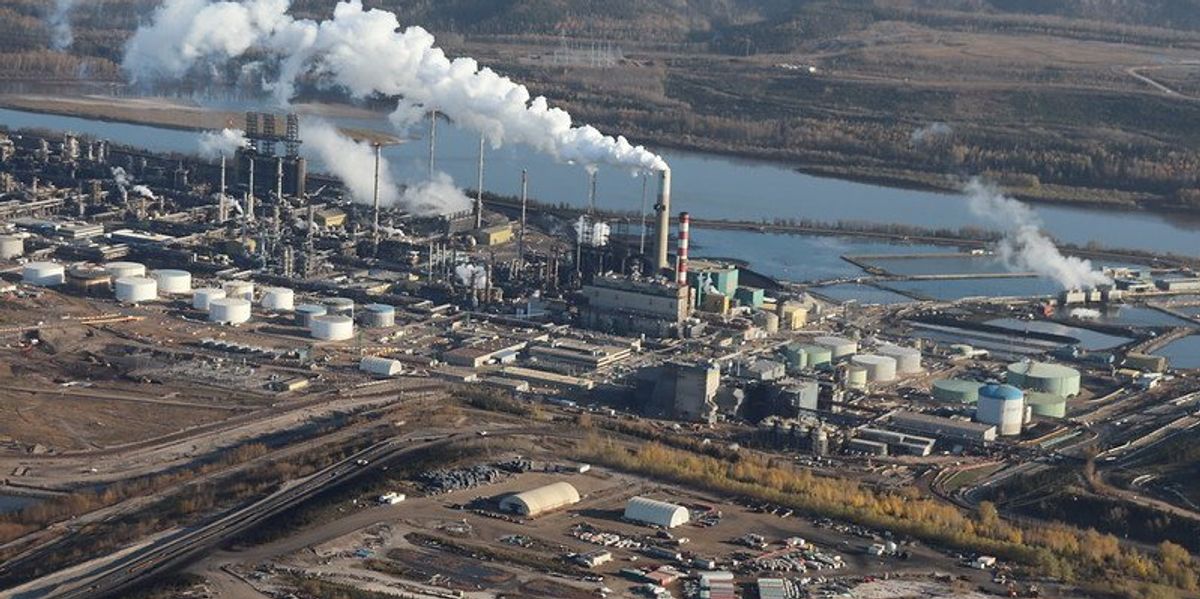
Oilsands giants lobbied to weaken emissions cap
Through the Pathways Alliance, an organization of some of Canada’s largest oil producers, high-level bureaucrats were asked for long lead times and a ‘flexible, non-regulatory approach’ to usher in a limit on the sector’s air pollution. Carl Meyer writes for The Narwhal.
In a nutshell:
In a strategy that we've seen play out all too often, yet another unholy alliance has arisen to carry the banner of fossil fuels forever. The Pathways Alliance, a consortium of Canadian oil giants, employed multiple proxies and personas to spin a net-zero fantasy to the public, while angling for favors and muscling aside opposition on the political front. Six major oil companies joined forces, seeking to stall, obfuscate or outright eliminate meaningful climate action.
Key quote:
“They’re clearly pursuing slower, weaker emissions caps as part of what I see as a more general trend towards climate delay in the sector, and even globally,” said Chris Russill, an associate professor and academic director at Re.Climate, an environmental communications center at Carleton University.
Big picture:
Formed in 2021, The Pathways Alliance moved quickly to put their stamp on Canadian climate policy. The organization has advanced an energy agenda recommending a flexible approach to emissions caps defined by loose regulations and a long, slow walk into a carbon-free future built on promises so fanciful that they triggered a deceptive marketing investigation. The centerpiece of the Pathways plan to decarbonize is of carbon capture and storage, which the group admits must rely on considerable government support to fund the unproven technology and clear the regulatory runway. Critics are quick to point out that eliminating emissions from oil and gas production won't address the 80% of greenhouse gas emissions associated with burning oil and gas.














